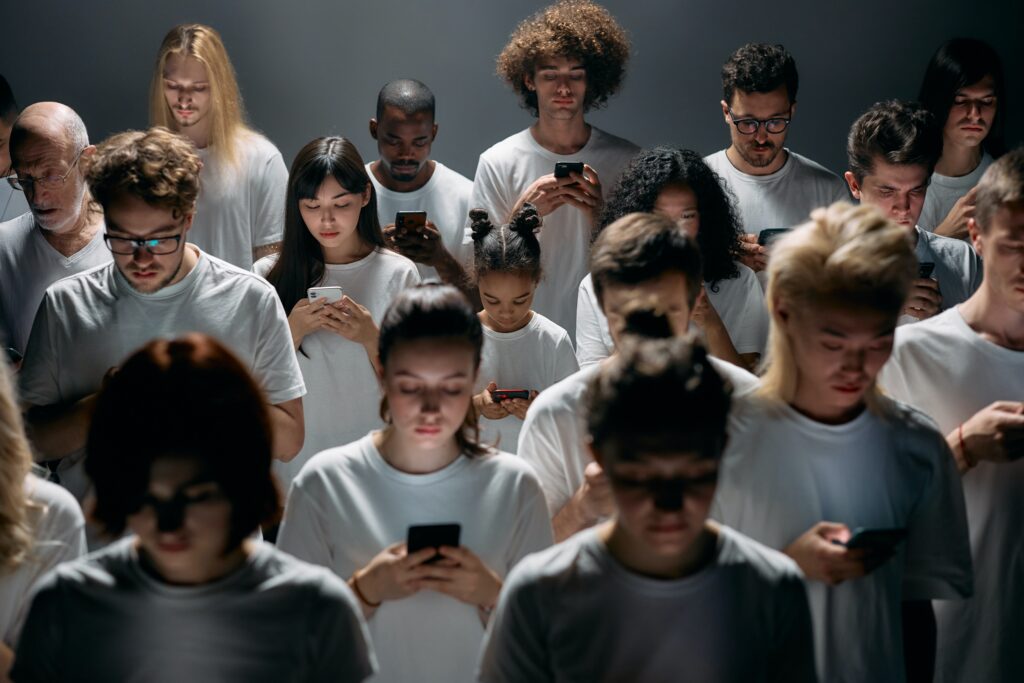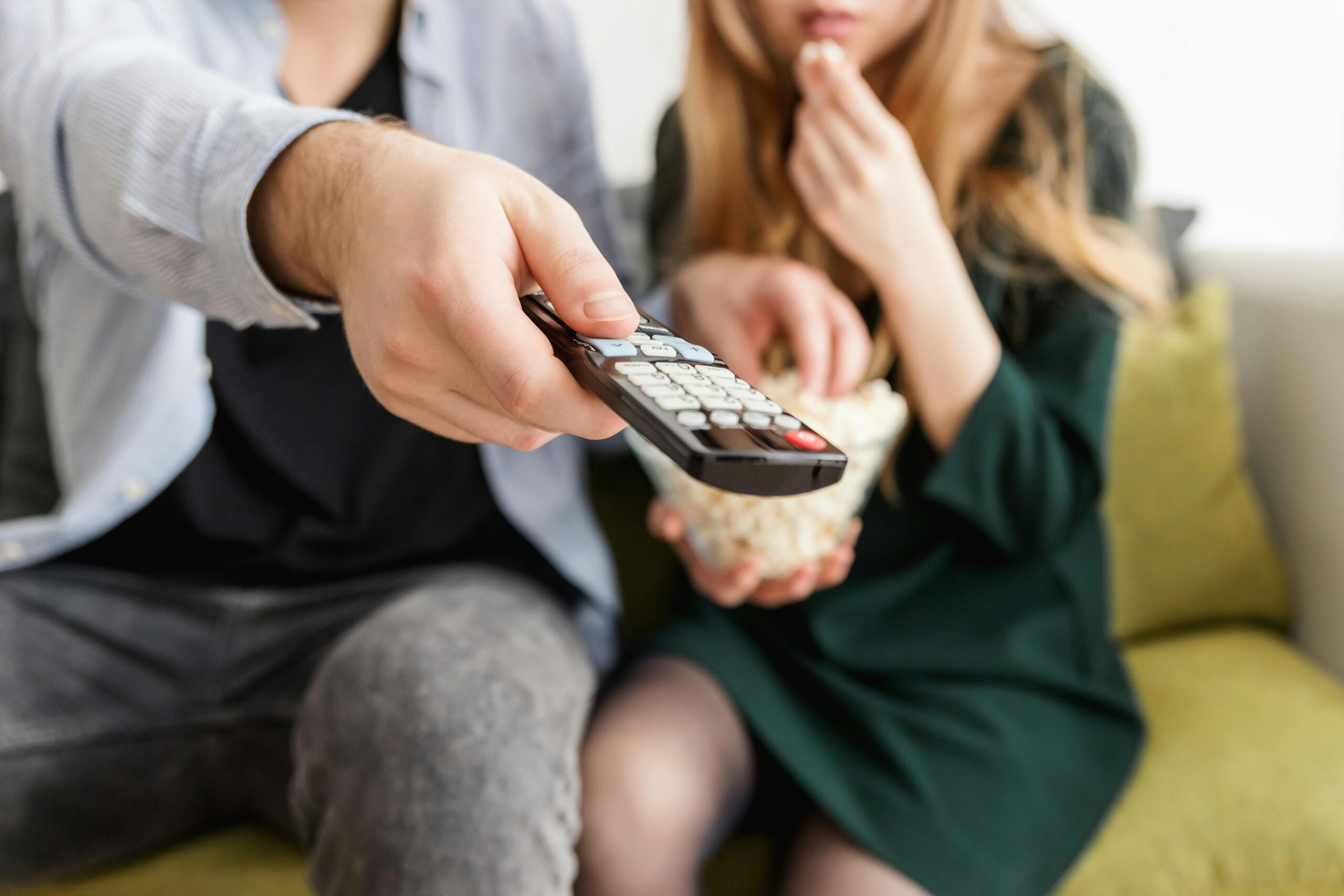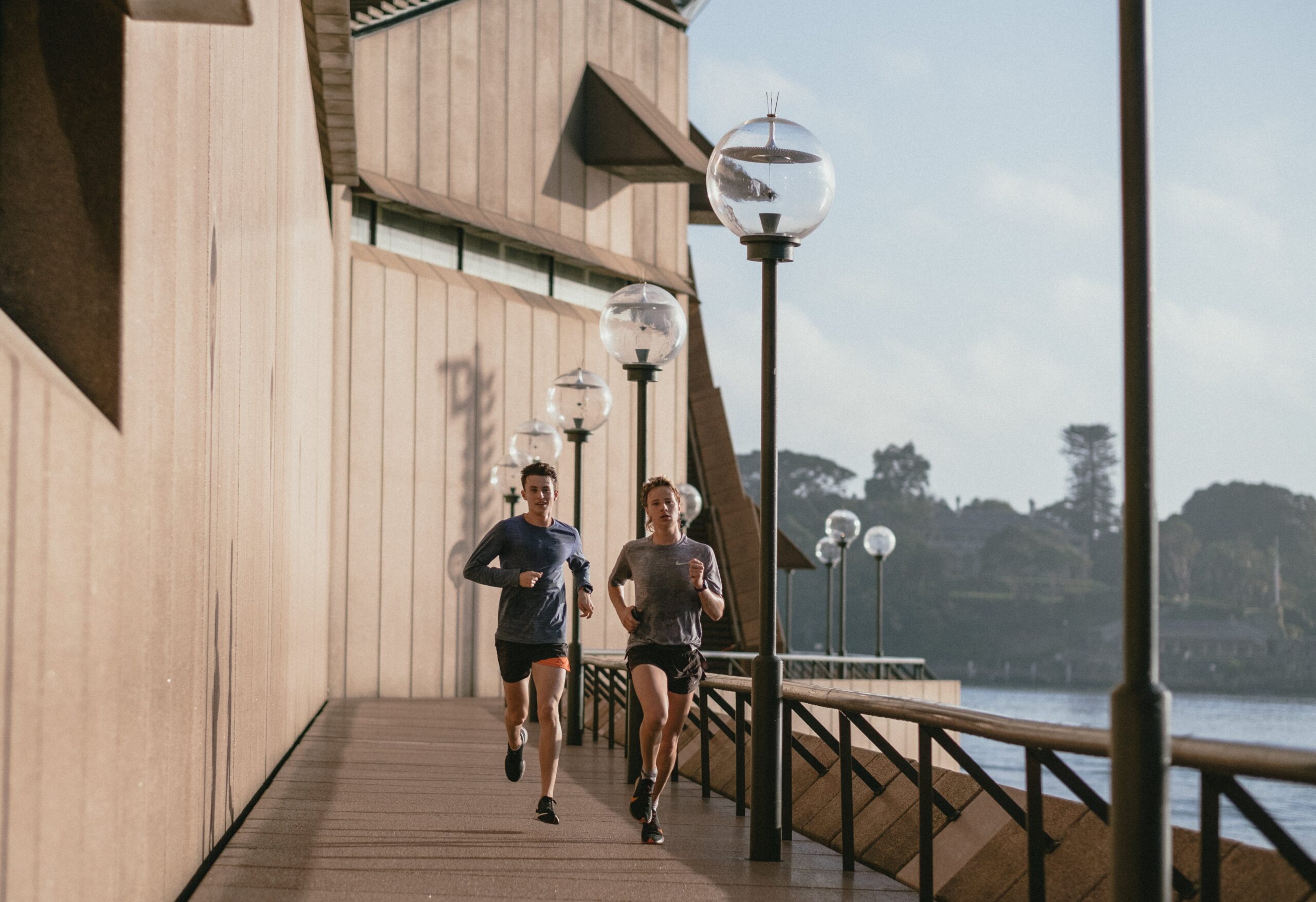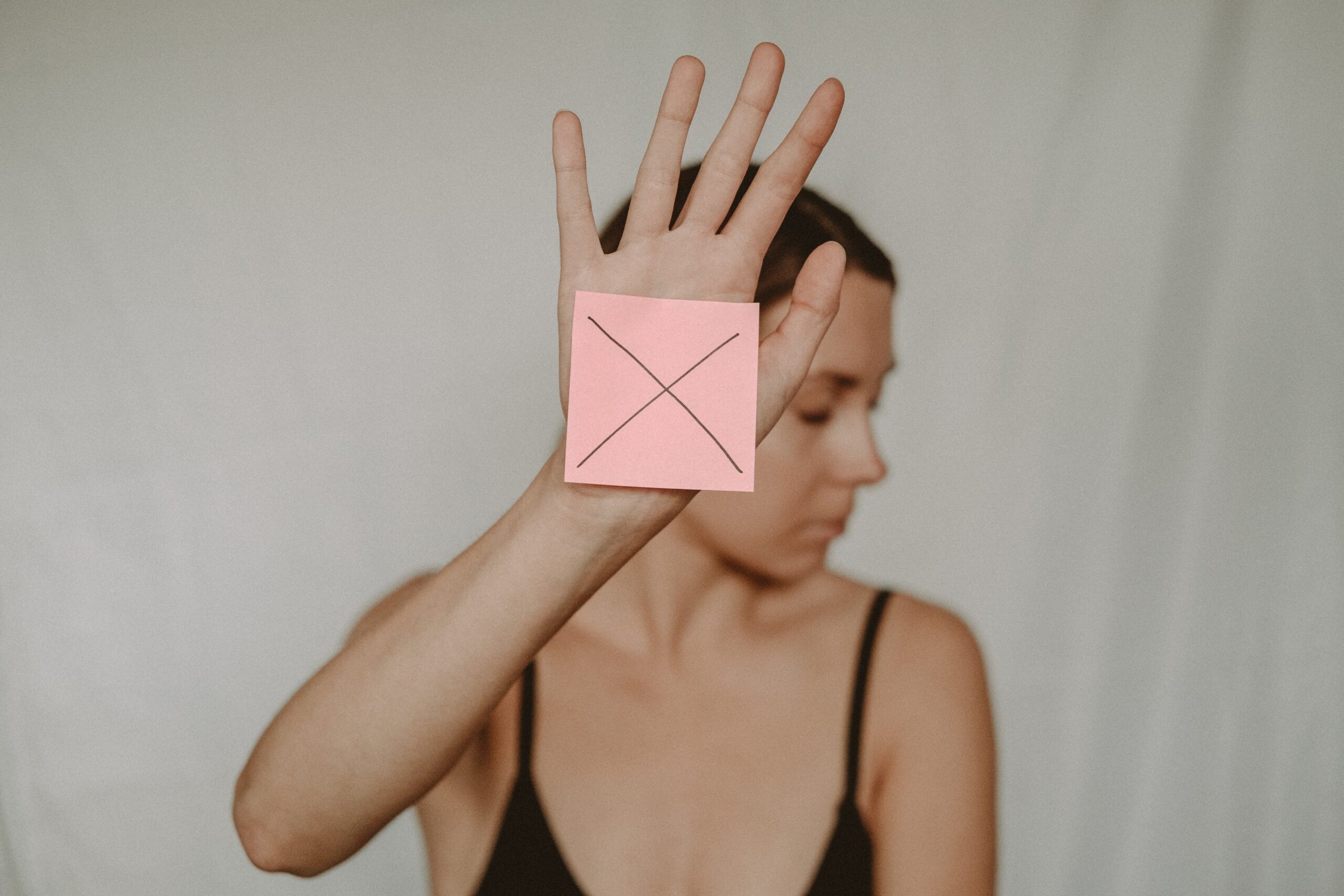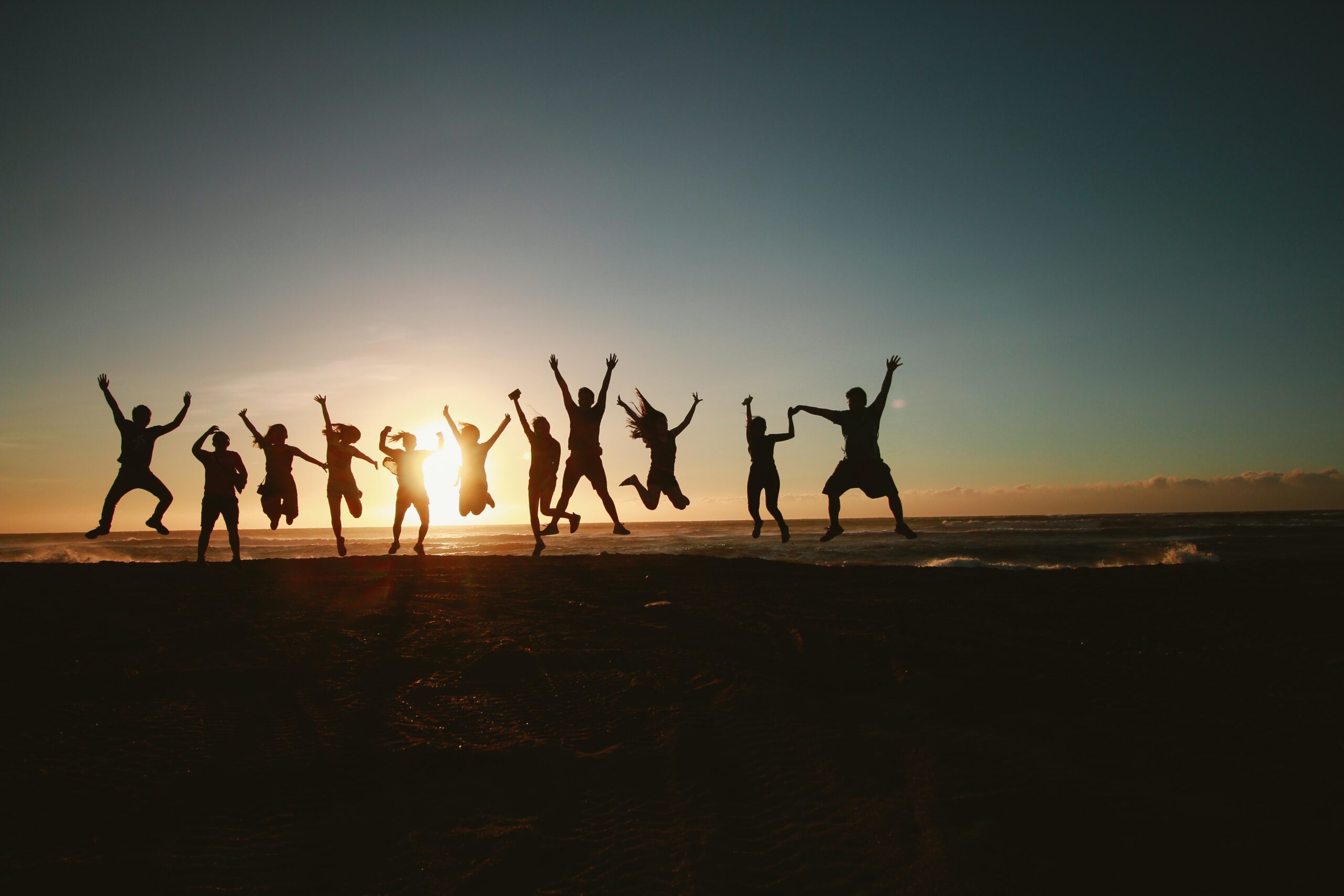In this article
- Social Media Anxiety Explained: Which Factors Play A Role?
- How Dopamine Ties Into Our Social Media Habits
- Being Proactive To Avoid Social Media Anxiety Traps
In today’s digital age, our lives are more intertwined with online platforms than ever. While social media has undoubtedly brought numerous advantages, like bridging distances and promoting information sharing, it has also given rise to some concerns. Among them is the question: How does social media cause anxiety?
Social Media Anxiety Factors: What Lies Beneath the ‘Like’ Button?
Comparison Culture: One of the most significant contributors to social media-induced anxiety is the constant comparison with others. Scrolling through your feed makes it hard not to notice the ‘perfect’ lives everyone else seems to be leading. These curated highlights can make you feel like you’re lagging, even if that’s far from the truth.
Fear of Missing Out (FOMO): Watching others engage in exciting activities can lead to FOMO. This can make you feel left out or believe that your life isn’t as fulfilling, contributing to feelings of anxiety and dissatisfaction.
Information Overload: The endless stream of news, updates, and notifications can be overwhelming. Constant exposure to negative or distressing news stories, especially in real-time, can increase worry and stress. These feelings can be amplified if someone is consistently exposed to this input for an extended period of time.
Cyberbullying and Negative Feedback: Social media platforms can sometimes breed negativity and hate. Negative feedback can severely impact one’s self-esteem and mental well-being, whether it’s critical comments on a post or direct messages.
Pressure to Present a ‘Perfect’ Self: The pressure to curate a perfect image online can be exhausting. This facade can lead to inadequacy, as individuals feel they can’t measure up to their online persona. Compounded over time, this can negatively affect self-esteem.
Sleep Disruption: Overuse of social media, especially before bedtime, can interfere with sleep patterns. Lack of quality sleep contributes to anxiety and other mental health issues.
Now you have a better understanding of social media stressors and sources of online anxiety, but there’s another major factor that we have yet to touch on and that is the dopamine effect.
The Dopamine Effect: Excessive Scrolling and the Reward System
Dopamine is often referred to as the “feel-good” neurotransmitter. It plays a vital role in our brain’s reward system, motivating us to seek experiences that give us pleasure or satisfaction. But how does this tie into our social media habits?
When we engage with social media – receiving likes, comments, or simply viewing appealing content – our brains release dopamine. This release provides a short-lived pleasure or satisfaction, similar to the feeling we get when we eat our favorite food or receive praise.
However, with easy access to these platforms and the endless scrolling mechanism, our brains repeatedly seek that dopamine ‘hit.’ Each scroll becomes a potential reward, and every notification becomes a dopamine boost. The more we scroll, the more our brains crave these rewards, leading to a ‘dopamine loop.’
The downside? This constant chase for dopamine through excessive scrolling can desensitize our brain’s reward system over time. The same content or number of likes will provide a different satisfaction than before, leading us to spend even more time on social media chasing that elusive dopamine rush. This can contribute to the aforementioned feelings of anxiety and lead to addictive behaviors, decreasing our overall satisfaction with real-world experiences.
In understanding the effects of dopamine on our social media habits, we can better recognize the importance of setting boundaries. Moderation becomes key. Intentional breaks from these platforms or even simple measures like turning off non-essential notifications can help break the dopamine loop. Again, for those who feel overwhelmed by this cycle, seeking guidance through platforms like MentalHealthProviders.org offers support in establishing healthier digital habits.
Being Proactive To Avoid Social Media Anxiety Traps
Understanding the link between social media and anxiety is the first step for those grappling with these feelings. Awareness can lead to better digital habits and recognizing when it might be time to step back.
It’s only natural for humans to want to interact socially, and while social media connects people remotely, it is obviously lacking the physical connections we crave as human beings.
If used to communicate with distant relatives or friends or meet like-minded groups, social media can be a wonderful resource to connect with others. But in isolation, it is simply not enough, especially if you are primarily on their to-doom scroll and browse out of boredom.
Recap: How does social media cause anxiety?
- Comparison Culture: The curated highlights of others on social media can create feelings of inadequacy and the perception of lagging.
- Fear of Missing Out (FOMO): Observing others participating in exciting events can instill feelings of exclusion and heighten anxiety.
- Information Overload and Negative Exposure: Constant influx of distressing news and updates can intensify worry, while platforms can also be sources of cyberbullying and damaging feedback.
- Dopamine Effect and Excessive Scrolling: Social media interactions trigger dopamine releases in the brain, creating short-lived satisfaction. Over time, excessive engagement can lead to a desensitized reward system and heightened anxiety.
- Pressure to Present a ‘Perfect’ Self and Sleep Disruption: Maintaining an ideal online image can reduce self-esteem, while overuse, particularly before sleeping, can interfere with sleep, contributing to anxiety.
If you or someone you know is facing challenges due to social media-induced anxiety or any other mental health concerns, resources like MentalHealthProviders.org are available. Our platform provides a comprehensive directory to connect individuals with professionals specializing in drug, alcohol, and mental health services, primarily focusing on rehab treatment centers.
While the perks of social media are undeniable, it’s vital to use these platforms mindfully. Recognizing how social media causes anxiety is essential for developing a healthier relationship with our screens and, ultimately, with ourselves.

